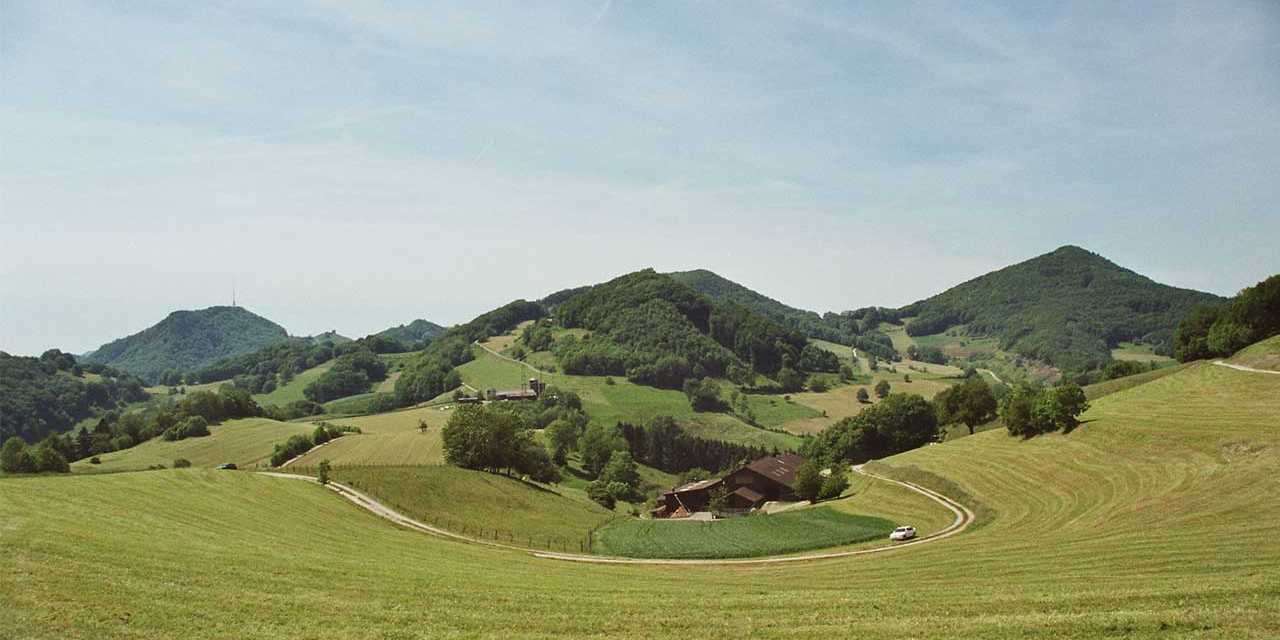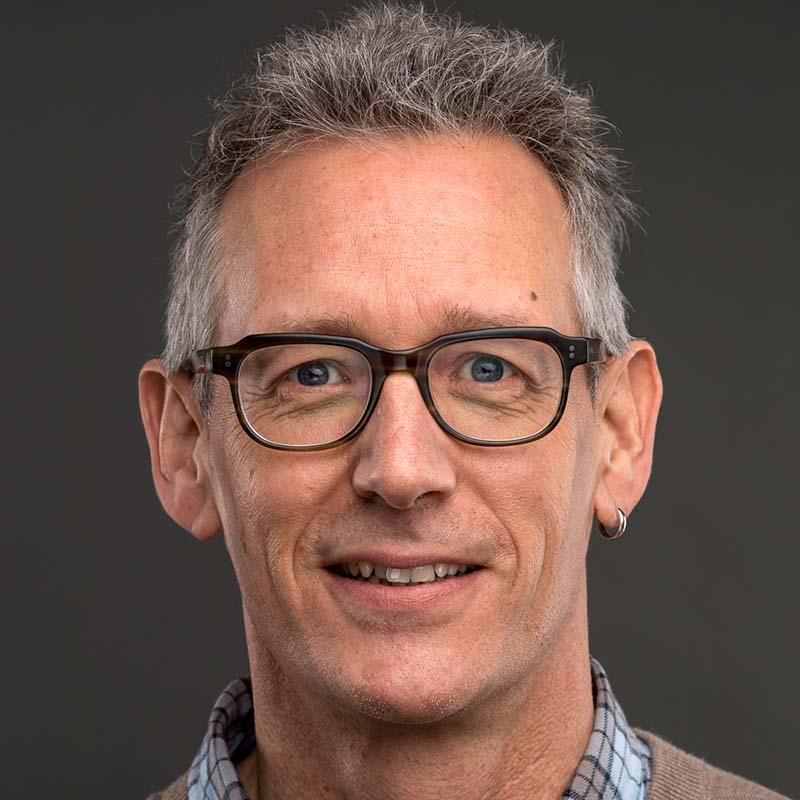The Jurapark Aargau as Real-world Lab for Sustainable Development
In the "Jurapark Aargau" Real-world Lab, researchers work together with the region's residents to find ways to strengthen and promote sustainable development locally.

Reallabor Jurapark: external page Aktualisierte Projektseite (auf Deutsch)
The external page Jurapark Aargau is one of 17 Swiss Regional Nature Parks of national importance. Located between the small towns of Aarau, Rheinfelden and Brugg, it covers an area of 300 km². The Real-world Lab will bring together researchers of ETH, WSL, Eawag and Empa with Jurapark Aargau. The focus is on the 55'000 residents of its 31 municipalities.

“Social exchange is key to understanding each other’s perspective, to identifying topics of joint interest and to build networks between researchers and residents.”Christian Pohl, Co-Director Transdisciplinarity Lab, ETH Zurich
A Real-world Lab is a format of transdisciplinary research. Researchers of different disciplines and actors of diverse societal sectors jointly identify sustainable development issues, develop and implement concrete measures to address them and explore whether and how the measures work on the ground. Cooperation on equal footing is essential in this process. Social exchange is key to understanding each other’s perspective, to identifying topics of joint interest and to build trust and networks between researchers and residents.
Reality check included
Joint learning in Real-world Labs also includes experimental small-scale implementations of sustainability measures, so called Real-world experiments. These experiments are used to observe and analyse whether an idea works in practice and what unexpected side effects it has. If the implementation was successful, the findings from the pilot project in Jurapark Aargau can be used to initiate further Real-world Labs in other Swiss parks.
Background
With Regional Nature Parks such as the Jurapark Aargau, the Swiss Confederation aims to preserve and enhance the cultural and natural landscape. In addition, a sustainable economy is to be promoted in the region and environmental education and awareness are to be supported. The federal administration provides the framework for sustainable development. Implementation is the responsibility of the cantons and communes. Due to their (financial) autonomy, the municipalities are key actors for sustainable development.
Strategic area: Engagement and Dialogue with Society
Contributing institutions: ETH Zurich, WSL, Eawag, Empa
External partners: Jurapark Aargau (Reallabor), Canton Aargau, Delegate for Sustainable Development, Federal Office for Spatial Development (ARE), Federal Office for the Environment (FOEN), Section Landscape Policy
Contact: Christian Pohl
Six "Joint Initiatives" from D-USYS approved by the ETH Board: Article from 03.08.2022